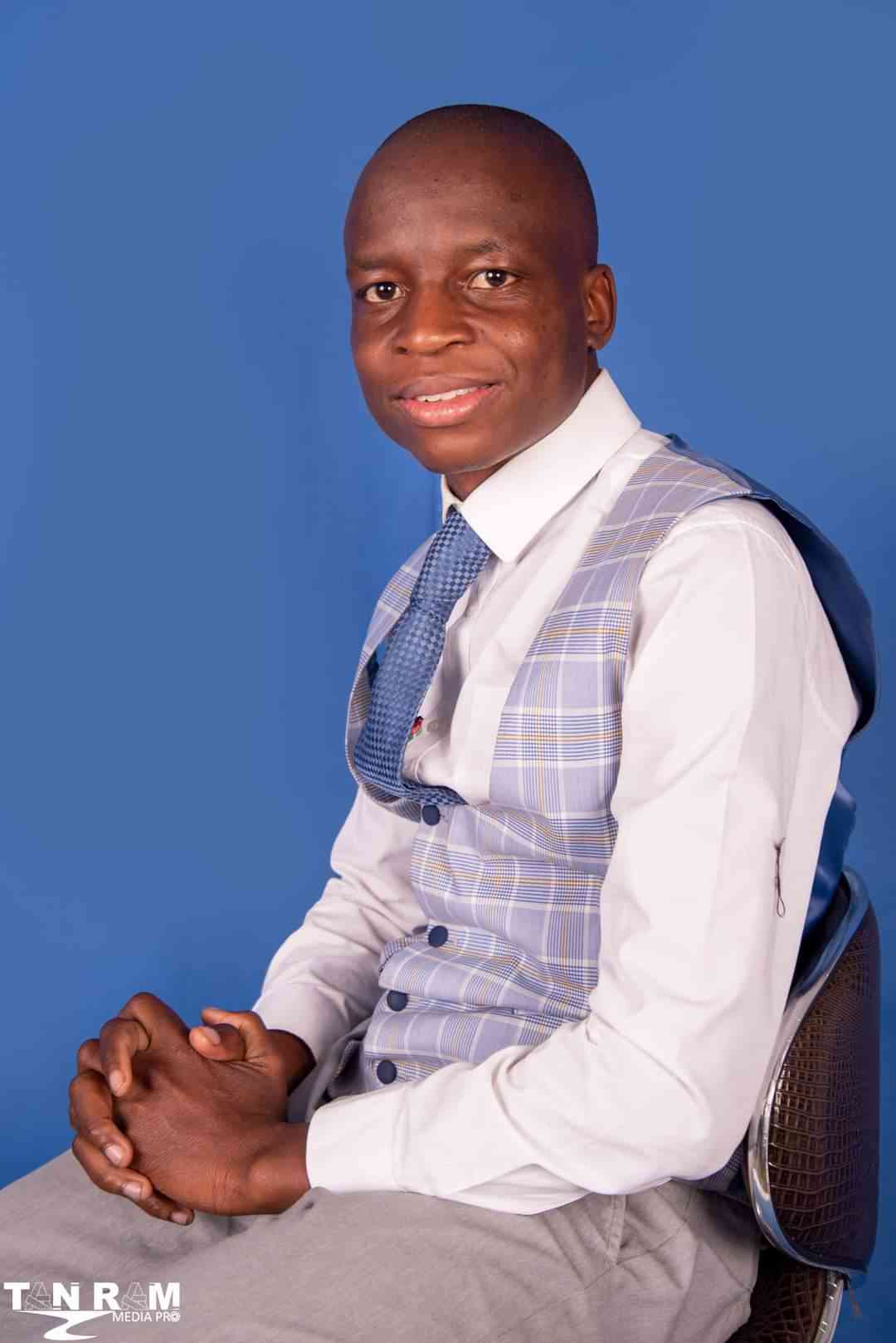
There is so much excitement about the July 31 elections which have come as a great relief especially for the law enforcement agents.
Opinion by Ropafadzo Mapimhidze
I could not believe what I heard the other day when I overheard some policemen openly discussing the forthcoming polls expressing their desire to vote for change.
One of them described how he had been forced to place an “X” for a candidate that he did not like.
“I spent the whole day in a state of despair. How can you vote while your superior is watching?
“Just look at our state of affairs. We have old uniforms, no vehicles to go on patrols and just look at our shoes. The rubber heels are worn out and bent.
“Why should we continue to suffer at the hands of the few at the top who are earning lots of money with various perks?” asked one of the cops.
As I was drawing closer, the subject of discussion immediately changed and they started a conversation about the bad cold weather and the flu bug that has hit Zimbabwe.
- Chamisa under fire over US$120K donation
- Mavhunga puts DeMbare into Chibuku quarterfinals
- Pension funds bet on Cabora Bassa oilfields
- Councils defy govt fire tender directive
Keep Reading
Their discussion about the elections was factual. I had a friend who retired from the force and now lives in South Africa. He complained to me following the 2008 elections that his boss was standing next to him as he put an “X” on a presidential candidate. He was so frazzled and disillusioned.
It is true that police officers had indeed been forced to cast their postal ballot in favour of one political party.
Prime Minister Morgan Tsvangirai won the first round of voting on March 29, 2008, with 48% of the votes, against President Robert Mugabe’s 43%.
Apart from police officers, other members of the defence forces also voted in a similar fashion.
The voting process was done in the absence of election agents from any political party, with no observers. So intimidating was the elections process, it was not free and fair.
Sadc observers, who visited Harare Central Police Station to witness the voting process around that time, were turned away.
These law enforcement agents have for over a decade suffered at the hands of their superiors.
The police has been turned into an extension of one political party which only sees hooligans in other parties.
The murders and property destruction that took place following the June 27 presidential election runoff were in many instances not recorded by the police.
Survivors of political violence, who were mainly from MDC-T, could not make a report to these police bases because they were under instructions not to.
Public hospitals were also under strict instructions not to admit any MDC- T members injured in this violence. One officer in a district in Masvingo confided in me last year that these orders had to be followed lest they either lost their jobs or got punished severely.
Some police officers fled for safety to neighbouring countries around that time.
Although police spokesperson Superintendent Andrew Phiri has refuted allegations that officers are being forced to vote for Zanu PF, in the special voting that takes place on July 14 and 15 this year, the police are sceptical.
This will be the first time that police will vote outside police stations, in secret just like every other ordinary citizen. The police, just like other civil servants, have been neglected for a long time by their employer. All they do is abuse them and use them to their advantage.
This has resulted in worsened corruption where officers openly demand bribes at roadblocks.
They demand money from kombi drivers and some have acquired assets that do not tally with their salaries.
A report by the Anti-Corruption Trust (ACT) of Southern Africa recently stated that local police were the most corrupt in the region.
Many reported cases never see the light of day as cops demand bribes even from violent men who batter their spouses in the home. These incidents are a great indication that all is not well in this once respected force, which was Africa’s pride.
The police are victims of rotten governance, a situation that has also cascaded into all facets of the economy.
But will this mentality change if a brand new government is ushered in? I personally symphathise with the police because they are forced to perform duties that are not in line with their work, that is to protect the vulnerable.
Nowadays, making a report to the police is sometimes a waste of time because they do not have vehicles to get to crime scenes and hence will ask for transport from the complainant in some incidents. Most police officers, according to what I heard during the above-mentioned conversation, are poorly paid.
How will they feed their families and raise school fees if their only source of income does not improve their state of affairs?
They will obviously demand brides on the roads so that they meet their target for the month. Poor salaries are the major source of corruption and for as long as that is not addressed, corruption will continue unabated.
The police stations are poorly furnished and their uniforms are a sorry sight. They are worn out and in need of replacement. They are a sorry lot.
It is, however, a great reprieve for these cops as they will vote freely without “Big Brother” watching as he breathes heavily by their shoulders.
Feedback: [email protected]











